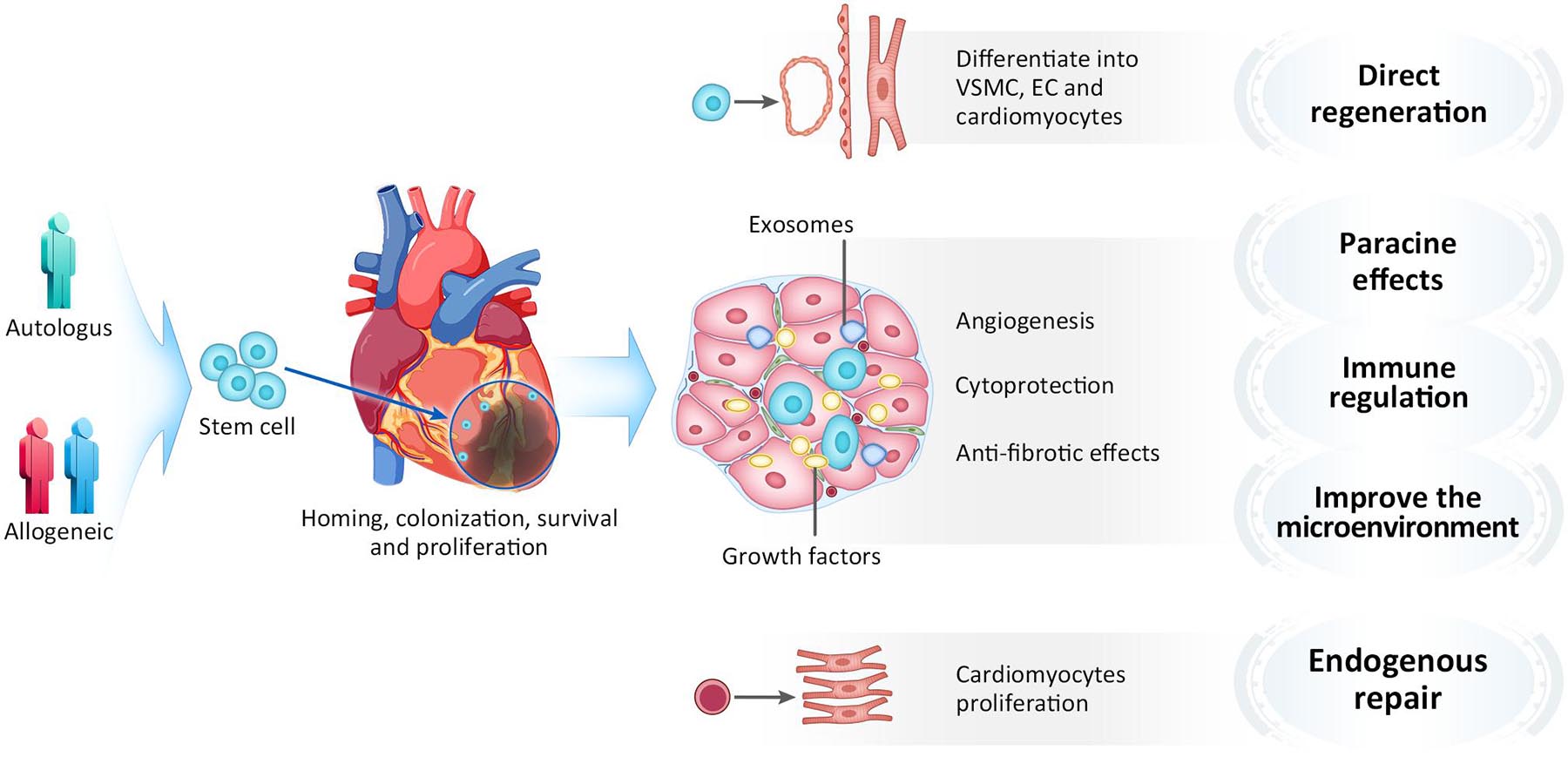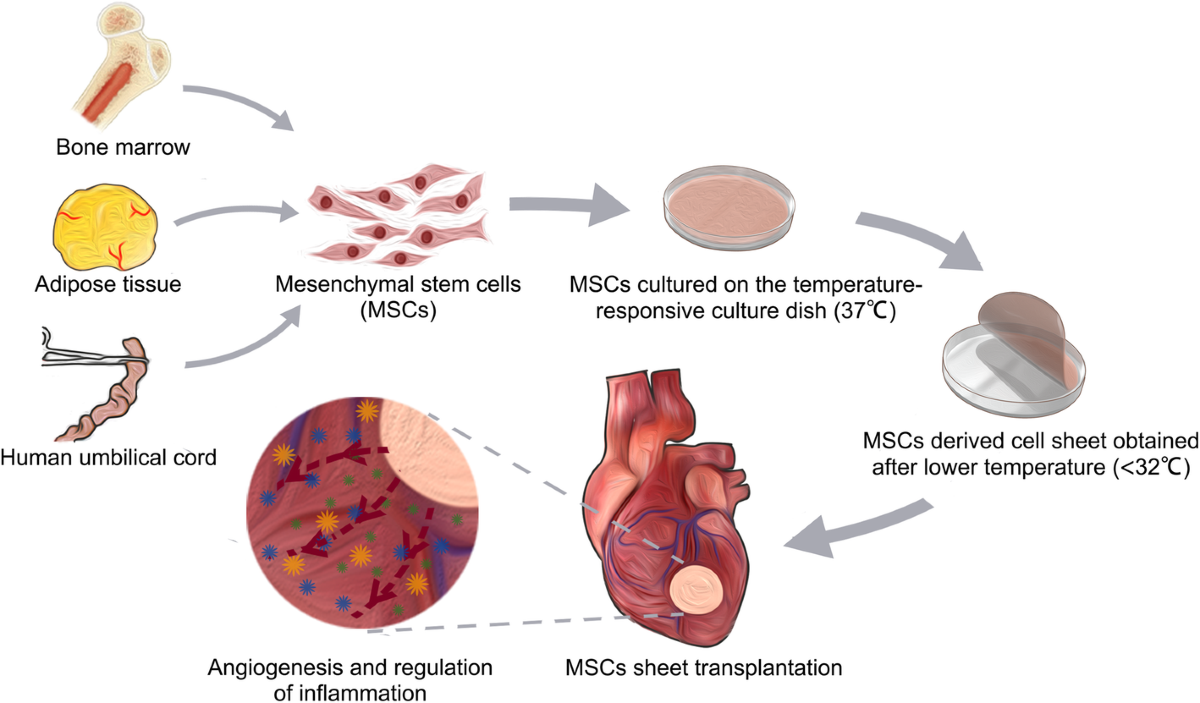Table of Contents
People must consult professionals at stem cell therapy clinics for coronary infarction to identify their viability. The recuperation time and expected outcomes after stem cell treatment for cardiac arrest are variable and depend upon the private patients and their condition before the therapy. Recuperation and enhancement after stem cell transplant for cardiac arrest differs by patient.
At Swiss Medica, after the treatment, clients usually experience mild irritation and swelling at the shot website, however most of them will resume their regular activities within a couple of days. Heart problems take time to enhance. Some people experience a considerable improvement in their quality of life and heart performance, while others see small outcomes that are still much better than standard treatment.
Commonly, individuals may experience some mild irritability and swelling at the injection website; it is temporary, and it will vanish in a couple of days. Additionally, after stem cell injections for congestive heart failing, it is possible for people to experience a general sense of tiredness, a lowered cravings, or uninterest in food.
Regenerative injections targeting Heart Disease now available
These are all usually temporary negative effects as the body tries to get used to stem cell treatment for cardiac arrest. The cost of stem cell treatment for heart failure varies greatly and depends on the kind of stem cells used, the condition, and the place of treatment. As a whole, clients expect to pay in between $10,000 and $50,000 for treatment worldwide.
Before proceeding, clients ought to seek advice from with their insurance policy company and stem cell therapy centers for congestive heart failure to figure out the monetary aspects. Can stem cells treat congestive heart failure? Heart failure stem cell research study continues to enhance the efficiency of this therapy.

To make certain security and effectiveness of therapy, people need to see to it that the clinic has: The appropriate confirmations and qualifications, Reviews from patients that have had the treatment, Clear information on the success rate, Conformity with regulatory requirements. Swiss Medica has actually been in procedure since 2011, helping over 10,000 patients enhance their conditions and establishing itself as a leading medical facility focusing on advanced regenerative and stem cell therapies.
Our patients consistently share their experiences at Swiss Medica. See just how our stem cell treatment assisted one individual recoup from a cardiac arrest. Obtain a cost-free online assessment to discover the anticipated results of stem cell therapy for your situation, what is the price of the treatment, and its duration.
All about stem cell therapy and Arrhythmias

COLLEGE PARK, Pa., according to a multi-institutional research study team.
The scientists stated they wish to develop the organoids, which are cells composed of numerous cell types found in the human heart, into an easily offered, "off-the-shelf" treatment for cardiac arrest and other heart diseases. The idea is that the organoids could be transplanted right into a heart to repair damage arising from a cardiovascular disease.
That capability makes human pluripotent stem cells an appealing choice for replacing harmed and dead heart muscular tissue, the researchers stated. When stem cell-derived myocytes are transplanted, the recipient's immune system may not recognize them and set off an immune reaction. To decrease the risk of being rejected, the group aims to produce universal contributor stem cells.
Lian claimed that the proposed global donor stem cells can also potentially make other types of restorative cells, such as beta cells to treat diabetes. Editor's note: A version of this article was first published by.
Navigation
Latest Posts
Can you manage Atherosclerosis with regenerative medicine?
Regenerative injections targeting Peripheral Artery Disease with minimal downtime
How to access stem cell therapy for Heart Failure